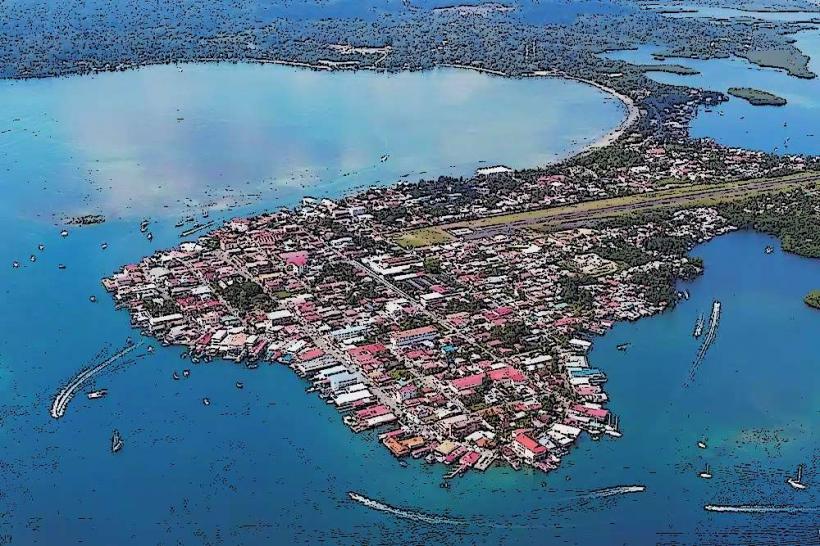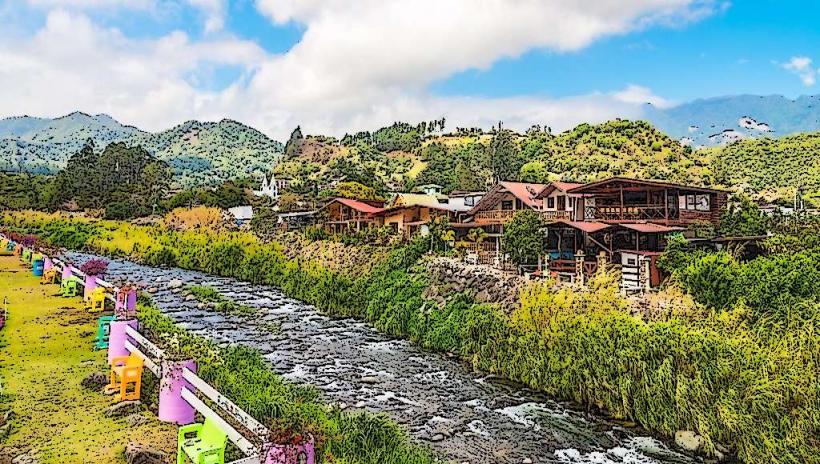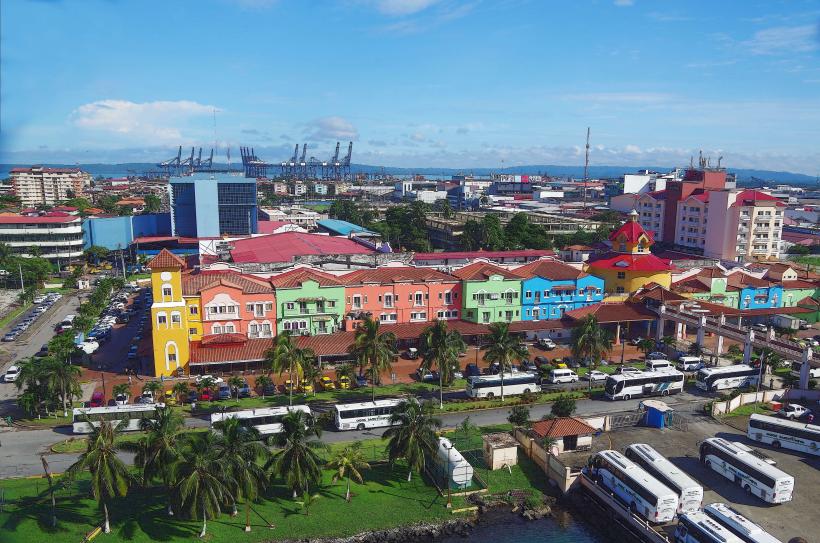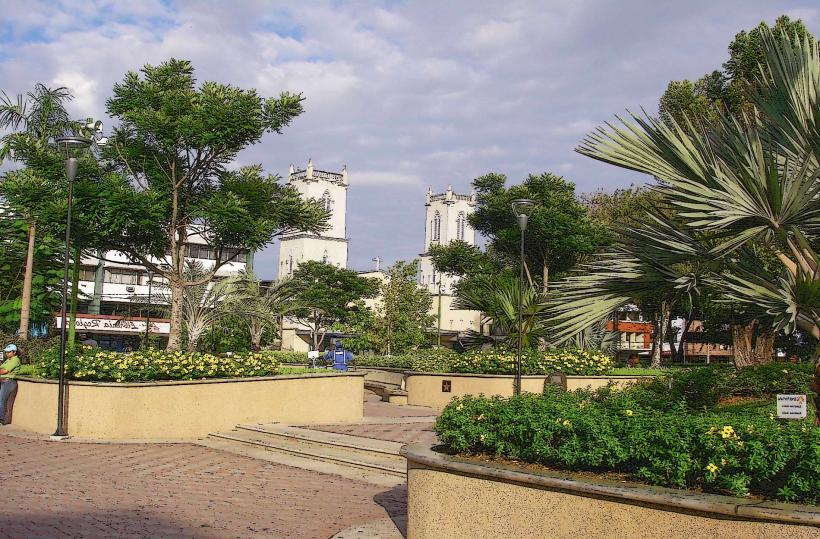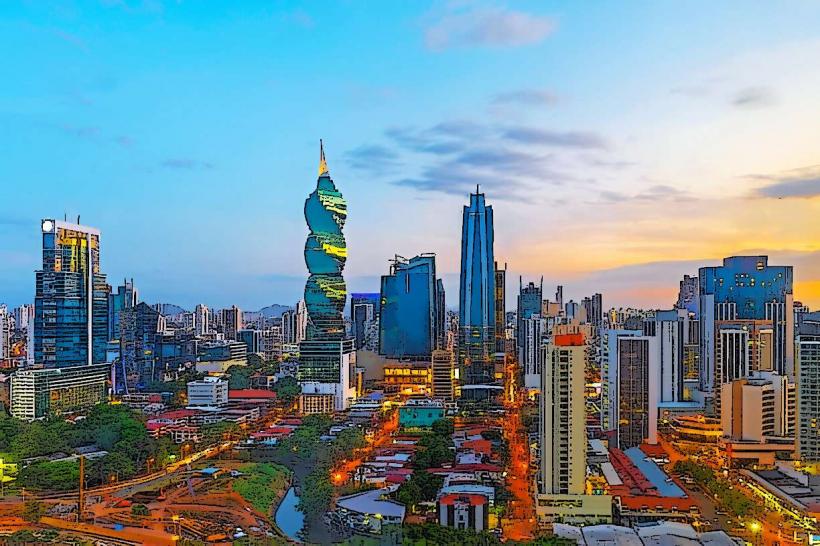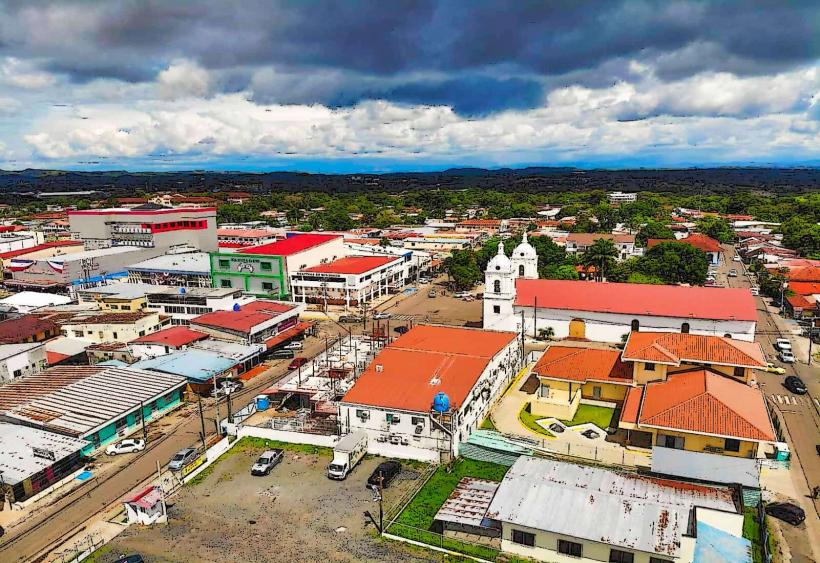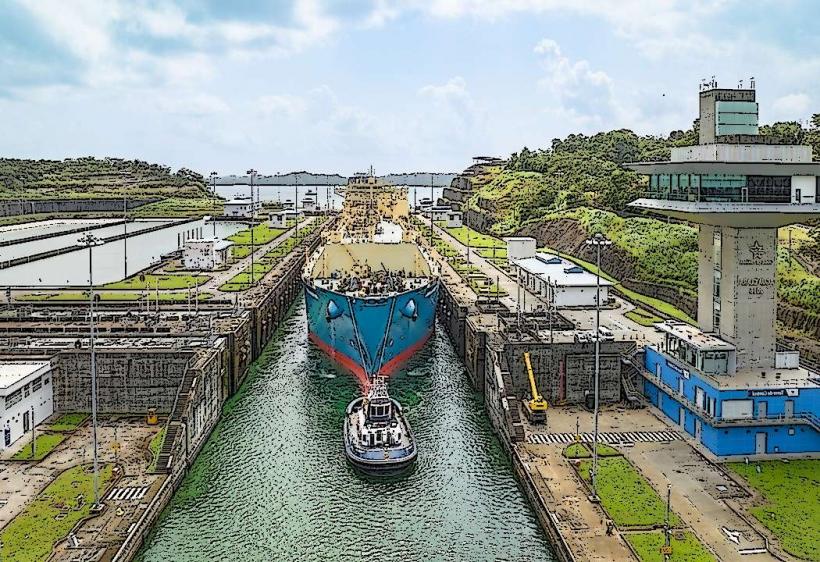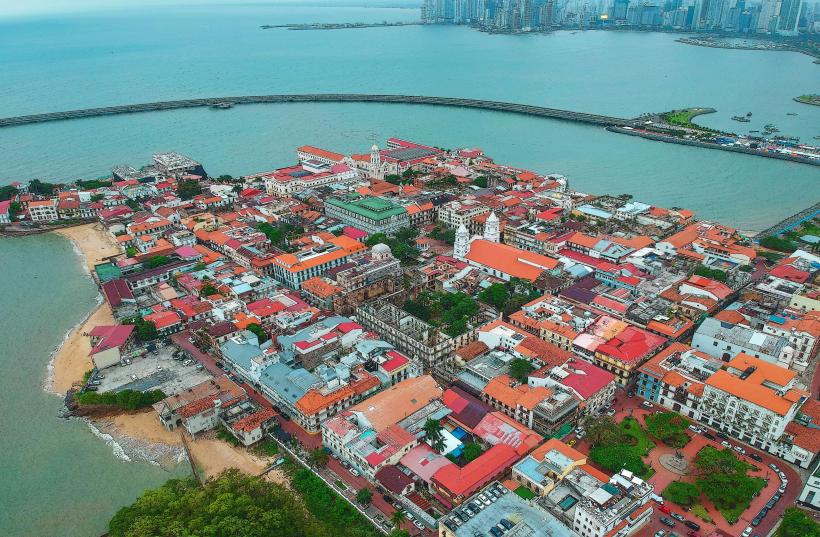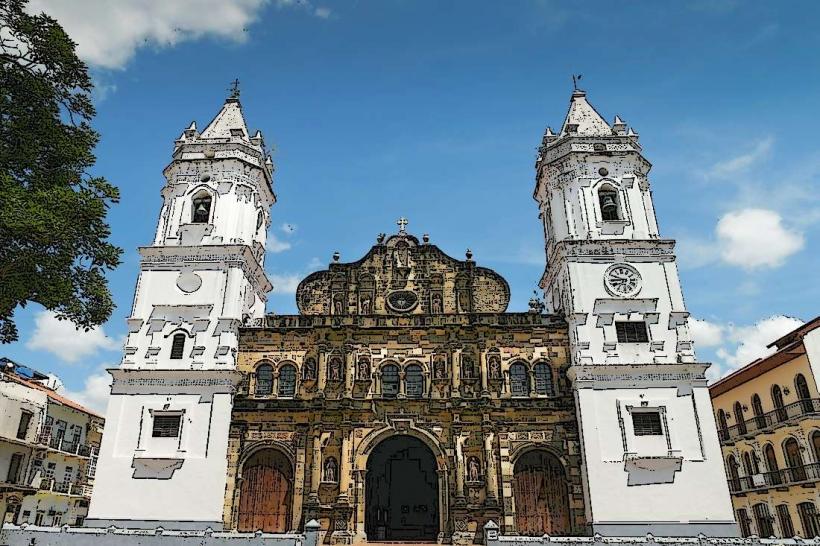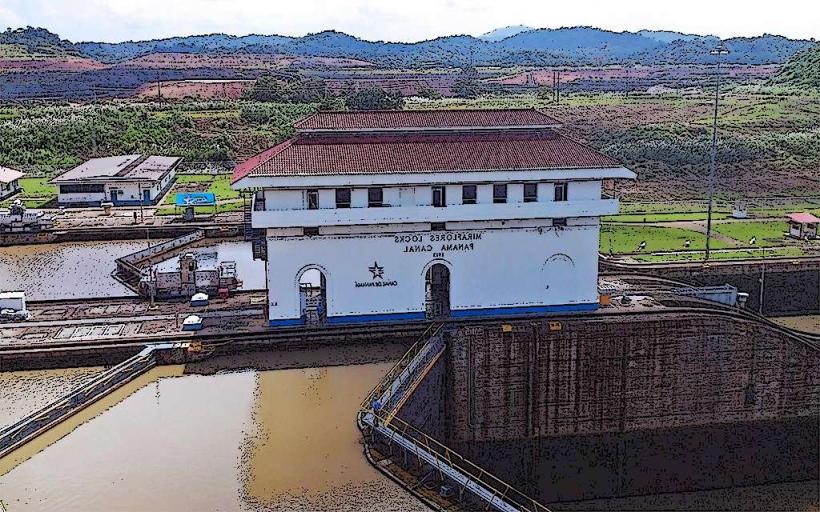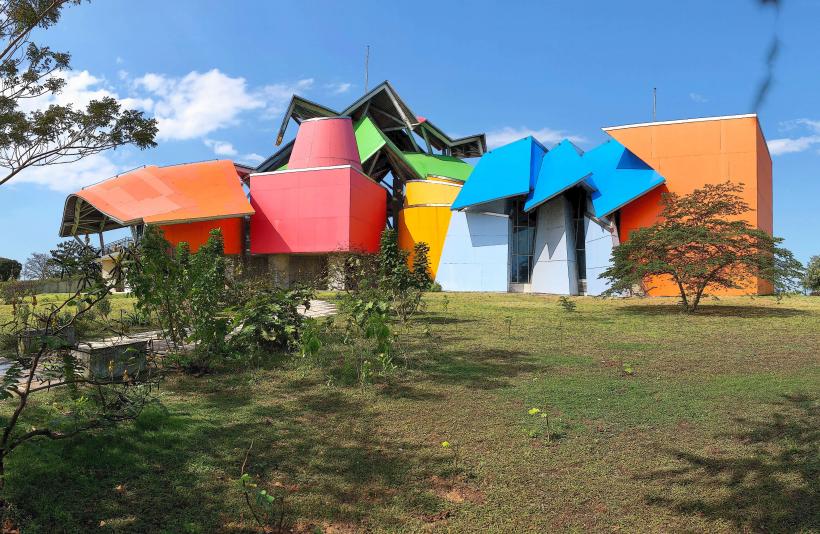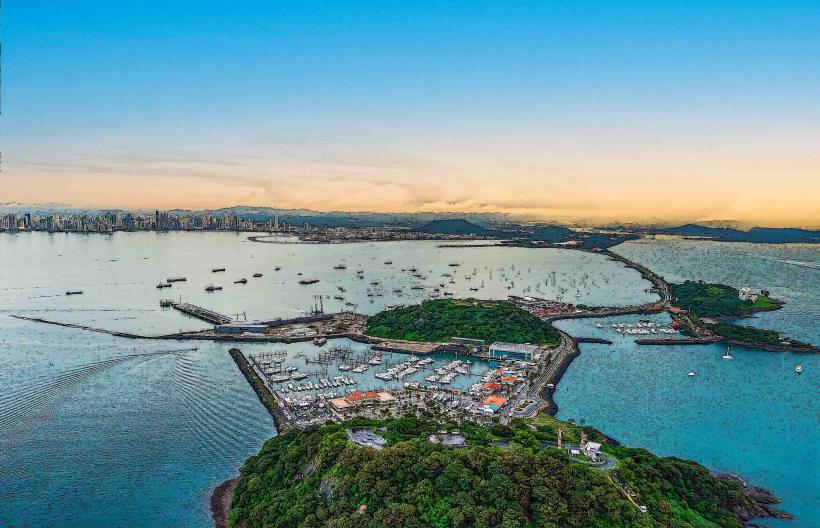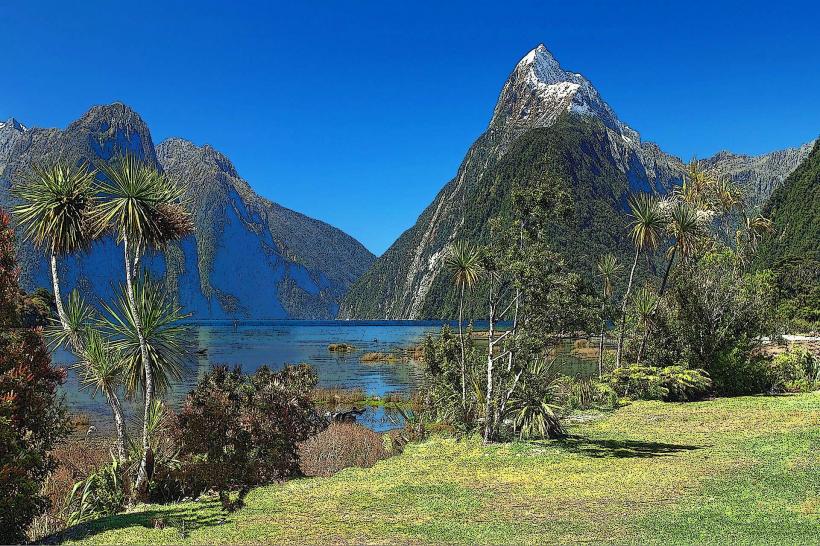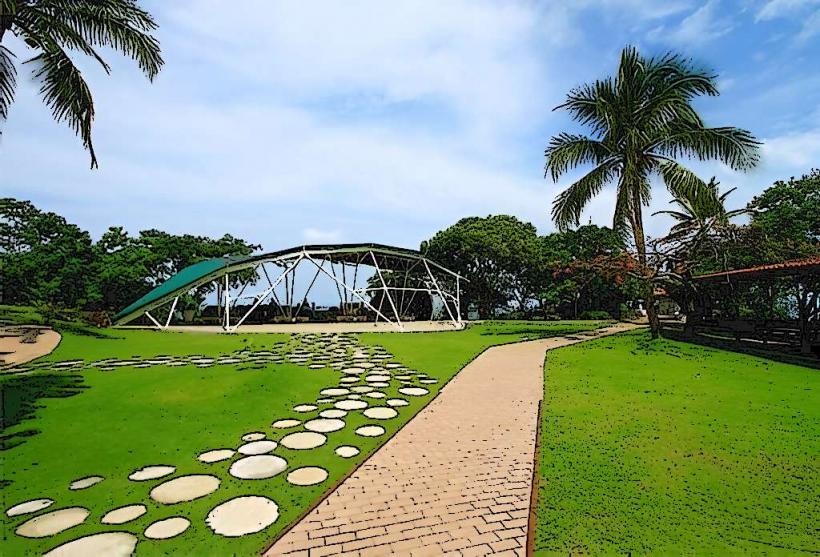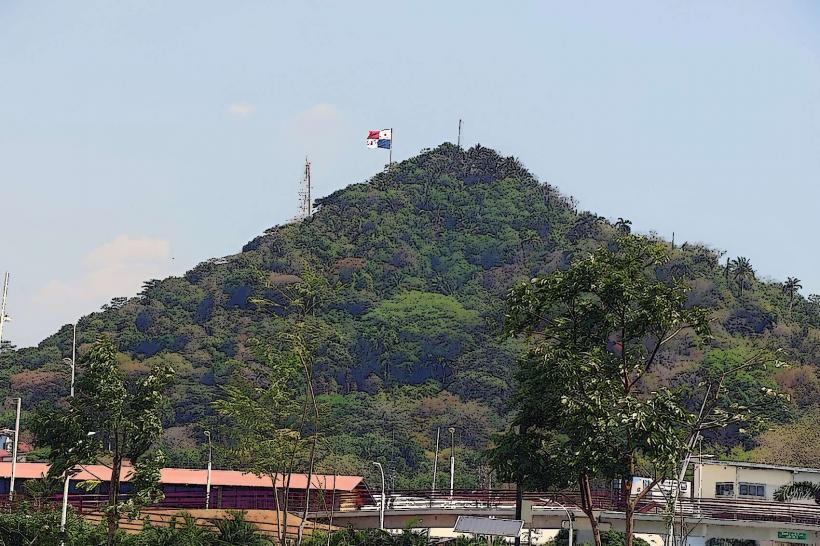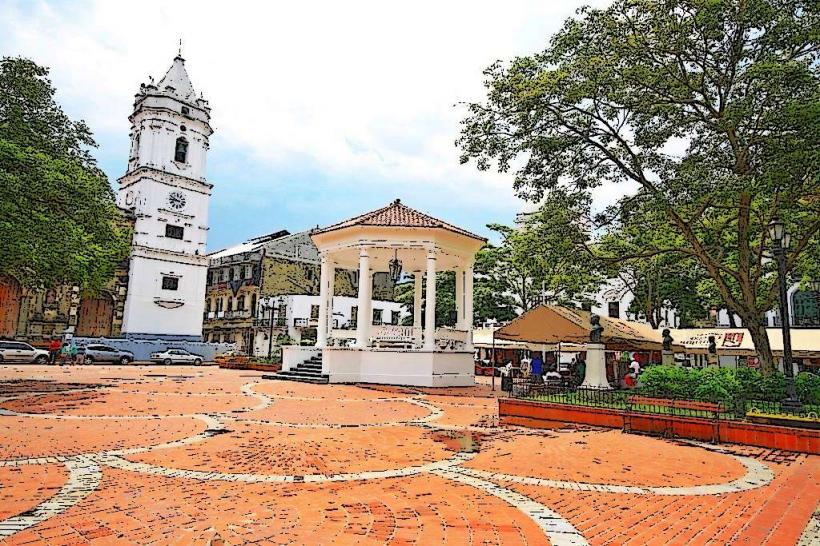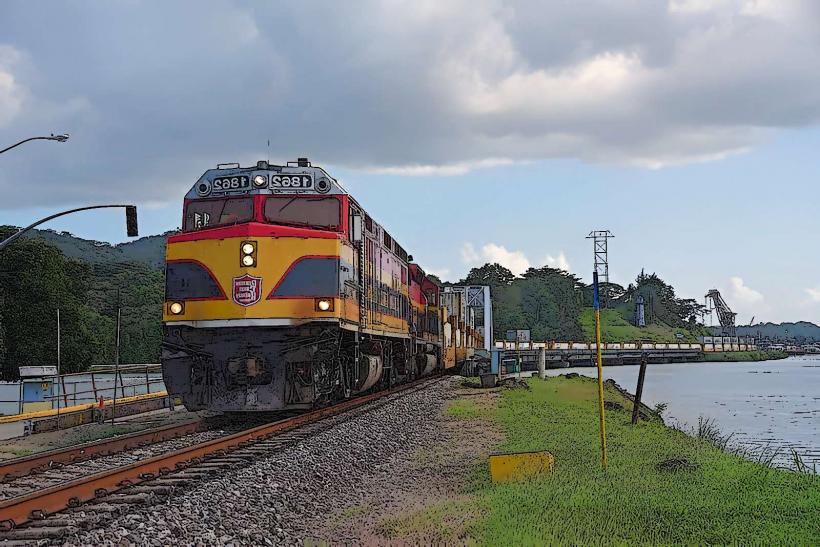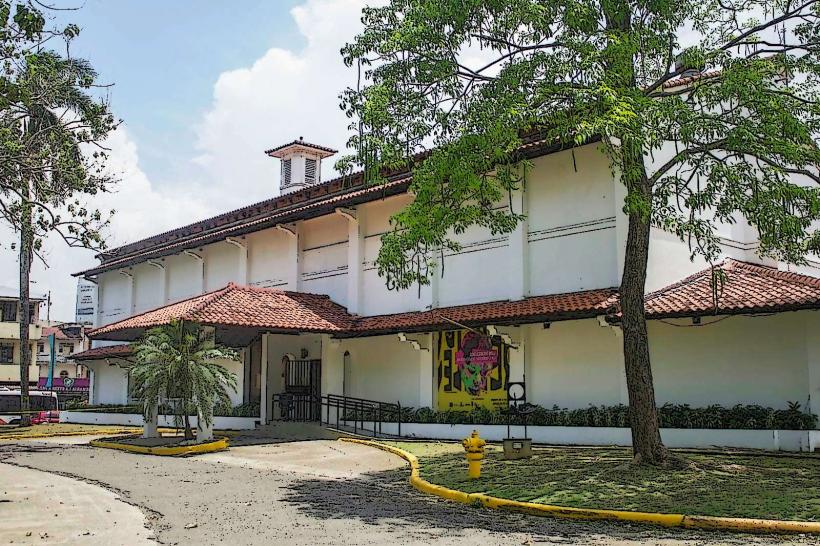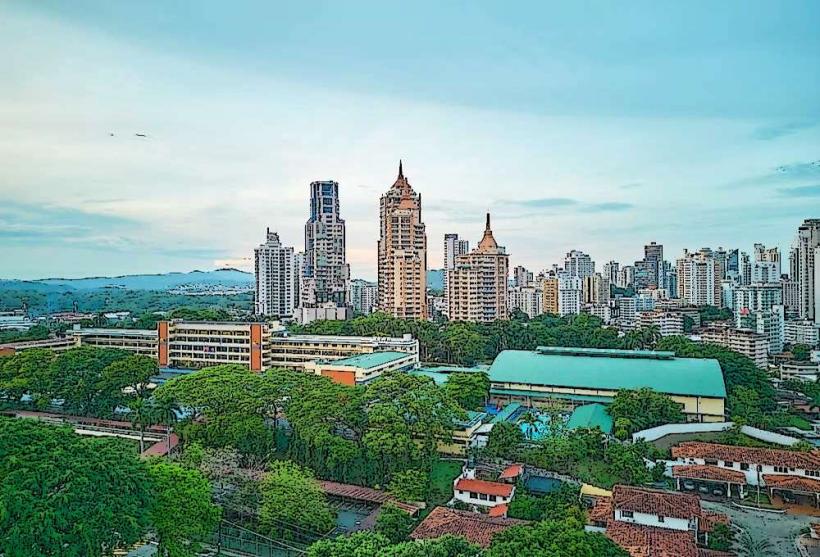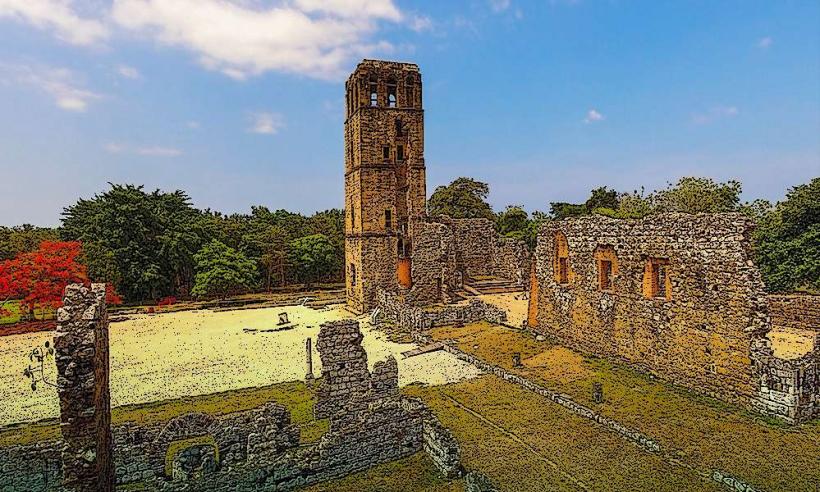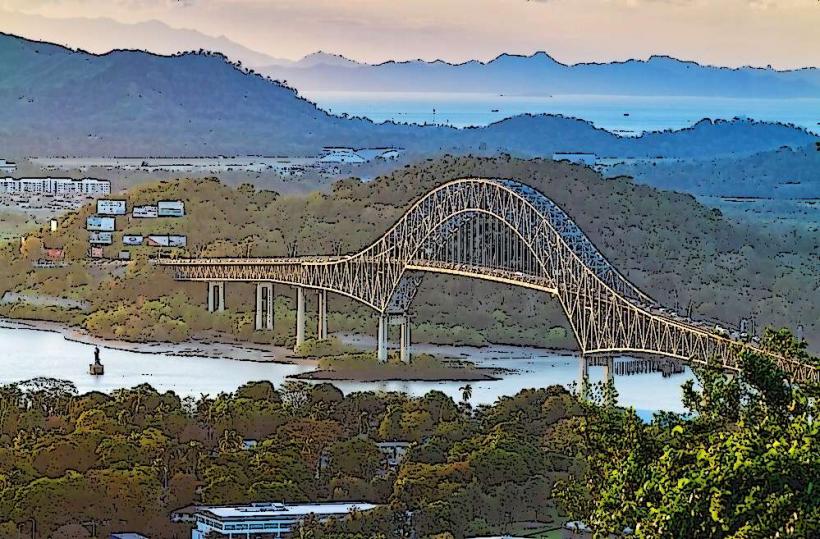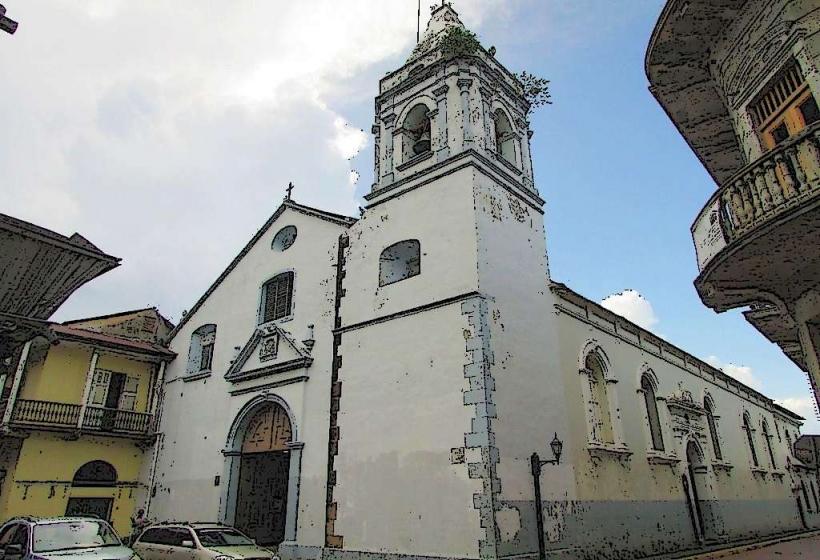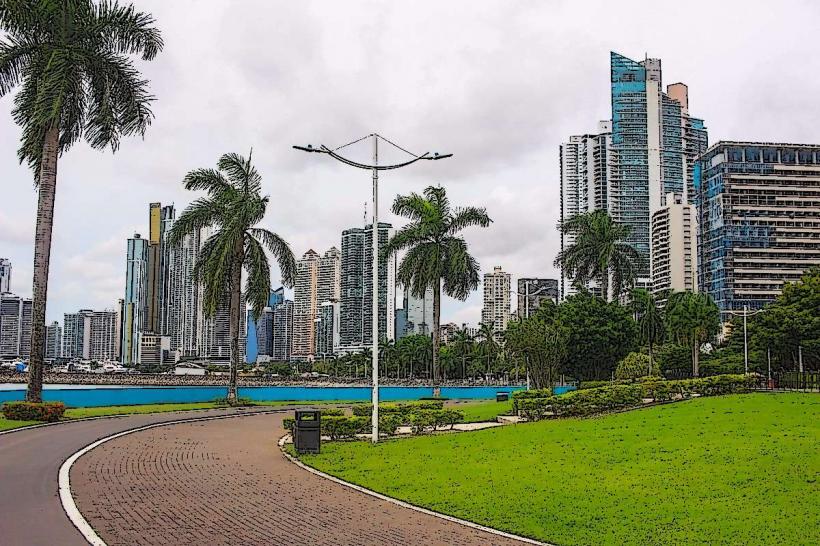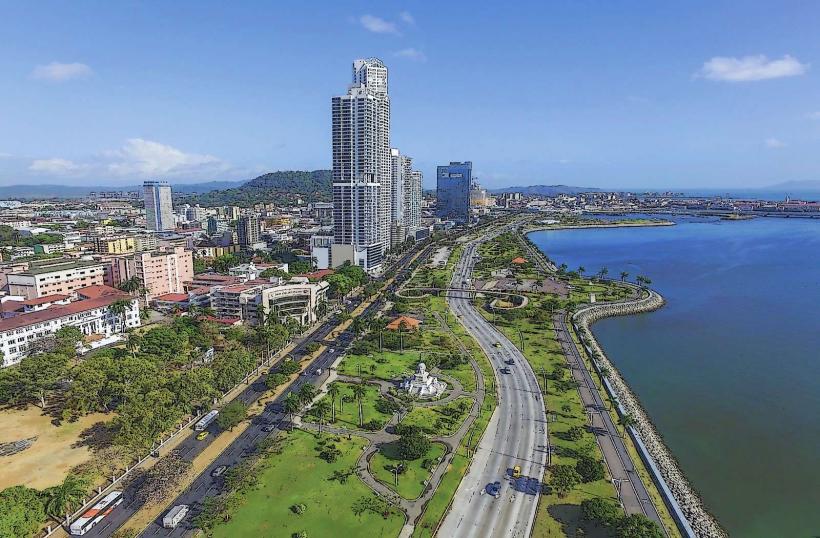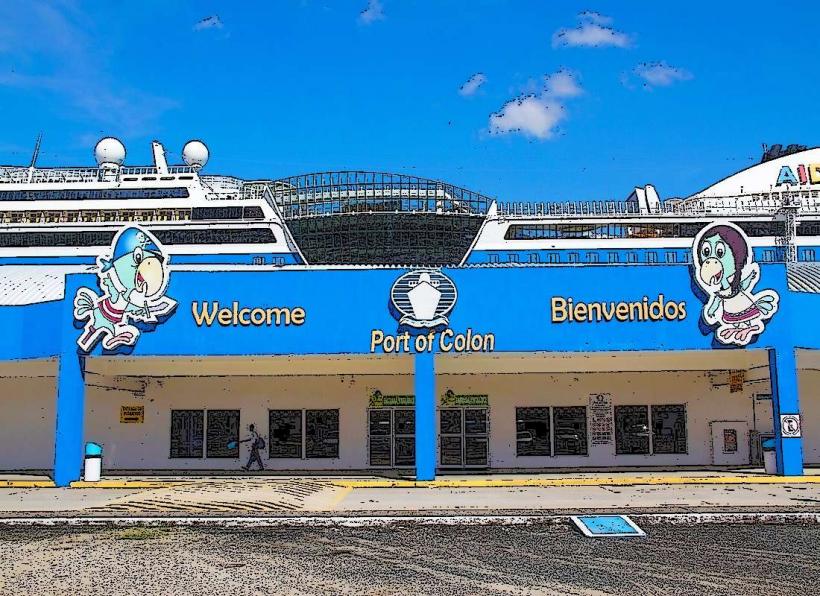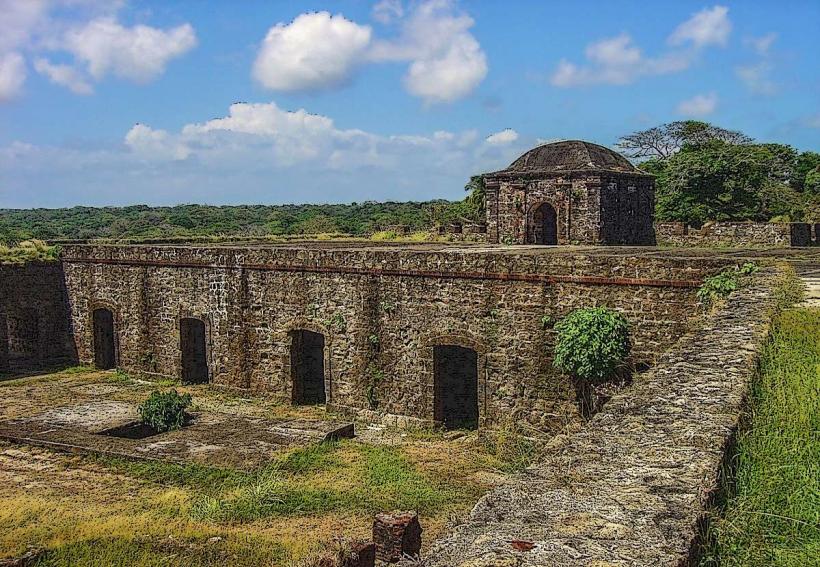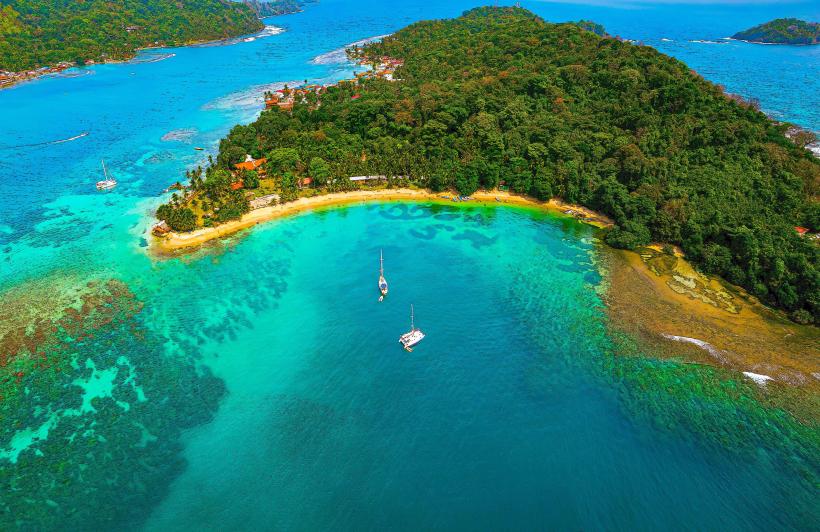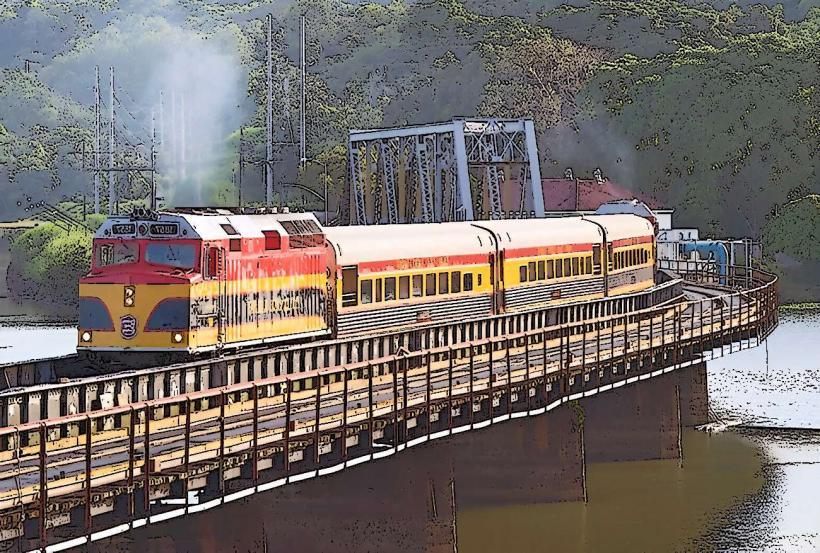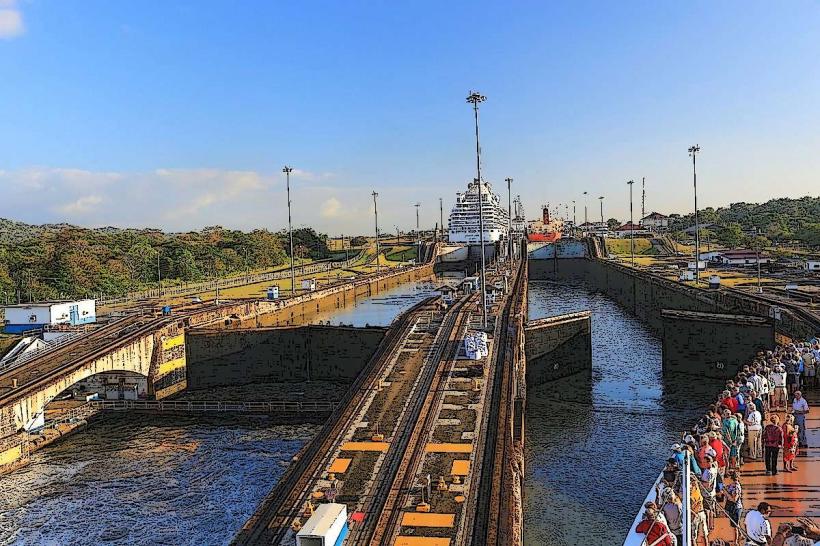Information
Country: PanamaContinent: North America
Panama, North America
Panama is a transcontinental country in Central America, bordered by Costa Rica to the west and Colombia to the southeast. Its geography is defined by the Isthmus of Panama, a narrow land bridge connecting North and South America, and the Panama Canal, which is the primary driver of the nation's dollarized economy; the capital city is Panama City.
Visa & Entry Policy
EU and UK passport holders are granted visa-free entry for tourist stays of up to 90 days. US and Canadian citizens are granted visa-free entry for up to 180 days. Entry requires a passport valid for at least three to six months beyond the date of arrival. All travelers must provide proof of economic solvency of no less than $500 USD (in cash, bank statements, or credit cards) and a confirmed return or onward ticket. A digital "Customs and Immigration" declaration must be completed online prior to arrival via the official government portal.
Language & Communication
Spanish is the official language. English proficiency is high in Panama City, particularly within the banking, canal logistics, and tourism sectors. In rural provinces and indigenous territories (Comarcas), English proficiency is low. Local Spanish is characterized by the use of "tú" and "usted," and a distinct vocabulary influenced by North American English due to the historical US presence in the Canal Zone.
Currency & Payment Systems
Panama uses the US Dollar (USD) as its official currency alongside the Panamanian Balboa (PAB), which exists only in coin form and is pegged 1:1 to the dollar. Credit and debit cards (Visa/Mastercard) are universally accepted in urban centers and resorts. Digital wallets and mobile payments (e.g., Yappy) are the standard for local peer-to-peer and merchant transactions. Cash is essential for taxis, small vendors, and travel in the San Blas (Guna Yala) and Darién regions.
National Transport Grid
Inter-city transit is primarily managed through a robust bus network centered at the Albrook Mall terminal in Panama City. Domestic aviation via Air Panama and Copa Airlines connects the capital to David, Bocas del Toro, and the Pearl Islands. As of 2026, the Panama Metro Line 3 is in its final phases of integration, expanding rail access across the Panama Canal to the West Panama province. The Panama Canal Railway provides a daily passenger service between Panama City and Colón.
Digital Infrastructure
Primary mobile network providers are +Móvil (Cable & Wireless) and Tigo. 4G/LTE coverage is robust across the Inter-American Highway and urban hubs. As of 2026, 5G services are widely operational in Panama City, Colón, and David. High-speed fiber-optic (FTTH) infrastructure is standard in most urban residential areas. Remote regions like the Darién Gap remain dependent on satellite-based connectivity.
Climate & Seasonality
The climate is tropical maritime with two seasons. The dry season (Verano) runs from mid-December to mid-April, offering the most stable weather for travel. The wet season (Invierno) spans from May to November, characterized by high humidity and heavy afternoon thunderstorms. Panama is located south of the Caribbean hurricane belt and is rarely affected by direct tropical cyclone strikes.
Health & Safety
Yellow Fever vaccination is recommended and may be required if arriving from an endemic country or traveling to the Darién or Guna Yala regions. Malaria and Dengue are persistent risks in rural jungle areas. Tap water is potable and safe to drink in Panama City and most major towns, a rarity in Central America. The emergency number for the National Police is 104 and for Medical/Fire is 911.
Top 3 Major Regions & Cities
Metropolitan Area: Hub: Panama City (Financial center/Casco Viejo).
Archipelago of Bocas del Toro: Hub: Bocas Town (Eco-tourism/Nightlife).
Chiriquí Highlands: Hub: Boquete (Coffee production/Adventure).
Local Cost Index
1L Water: $0.80 USD
1 Domestic Beer (0.5L): $1.50 USD
1 SIM Card (10GB Data): $15.00 USD
Facts & Legends
Panama is the only place in the world where the sun can be seen rising over the Pacific and setting over the Atlantic from the same spot (the summit of Volcán Barú). Local folklore features the "Tulivieja," a spirit of a woman who lost her child and wanders the riverbanks at night, identifiable by her shrill cries. Historically, the Panama Canal was the largest and most expensive engineering project in human history at the time of its completion in 1914.

